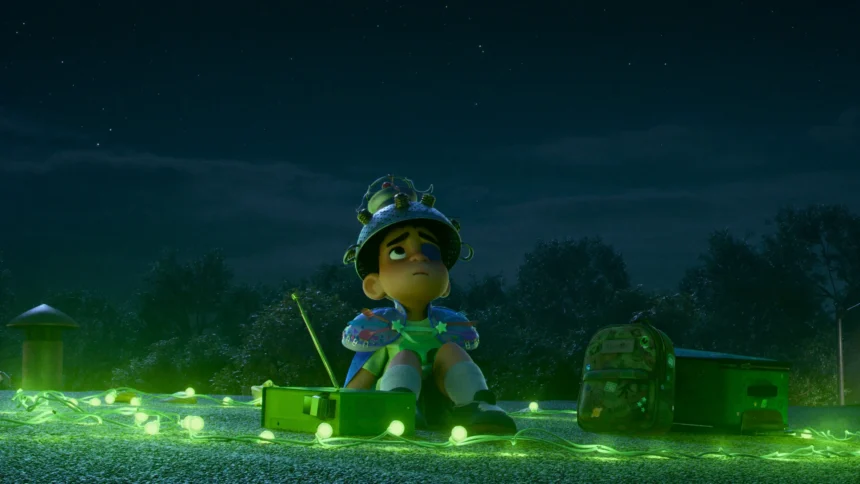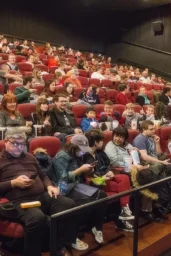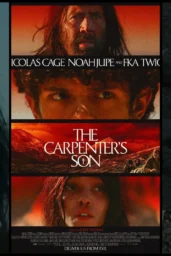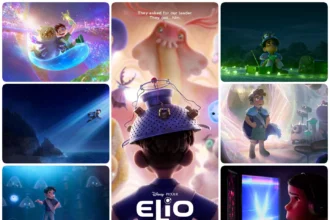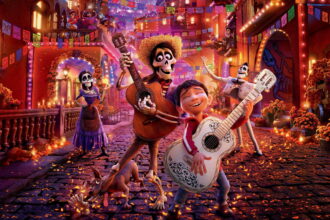There’s a growing fatigue in the air—one you can feel every time a new film arrives with more press about who the characters are than what the story is.
Pixar’s Elio was supposed to be a return to form: an original idea, a boy caught between two worlds, told with heart and imagination. Instead, it became something else entirely. A battleground. A warning.
The story behind Elio’s production is now well known, thanks to recent reporting by The Hollywood Reporter: director Adrian Molina’s vision included a “queer-coded” 11-year-old protagonist. Visual hints. A same-sex crush. Bedroom posters as soft signals. And while supporters will call this “representation,” there’s a legitimate question to ask: why is this necessary in a film aimed squarely at children?
From Character to Statement Piece
Let’s be clear: storytelling thrives on diversity, perspective, and emotional nuance. But there’s a difference between character depth and ideological imprinting. Between inclusion and agenda.
In Elio, those lines were blurred. Sources confirm the studio deliberately moved toward emphasizing the protagonist’s sexuality—not in overt plot points, but in coded moments clearly meant to say, “Look, this matters.”
But to whom? And at what cost?
Parents are increasingly uncomfortable with sexual identity, in any form, being explored in media meant for 7- to 12-year-olds. Not because they hate difference—but because they expect boundaries. Childhood is a fragile space. Let kids be kids before we layer them with identity politics they don’t yet fully grasp.
Then Came the Panic
After the Lightyear debacle—where a same-sex kiss drew heavy backlash and box office disappointment—Disney and Pixar panicked. Understandably so. They retooled Elio. They pushed Molina out. They tried to neutralize the messaging.
But by then, the damage was done—not just to the story, but to the creative integrity of the entire project. What followed was a Frankenstein film, one that pleased no one: neither activists demanding representation nor families looking for a timeless story.
The film tanked. $20.8 million domestic on opening weekend. A $200M+ loss when all is said and done.
When “Representation” Replaces Resonance
There’s a pattern here, and it’s not subtle. Studios, fearful of social media outrage, increasingly lead with identity over imagination. Who a character represents is treated as more important than how they make us feel.
And when it doesn’t land, the fallback excuse is always “audiences weren’t ready.” But maybe—just maybe—it’s the storytellers who weren’t listening.
Kids don’t need lectures wrapped in space operas. They need honesty. Wonder. Simplicity. And yes, inclusion where it serves the story—not where it checks a box.
Elio didn’t fail because it almost had a queer lead. It failed because it forgot who it was for.
Final Thought
If Pixar wants to win back the trust of audiences, it needs to stop treating each film like a battleground in a culture war. Bring back the magic. Lose the messaging. Or at least—let the message emerge organically, through story, not slogans.

